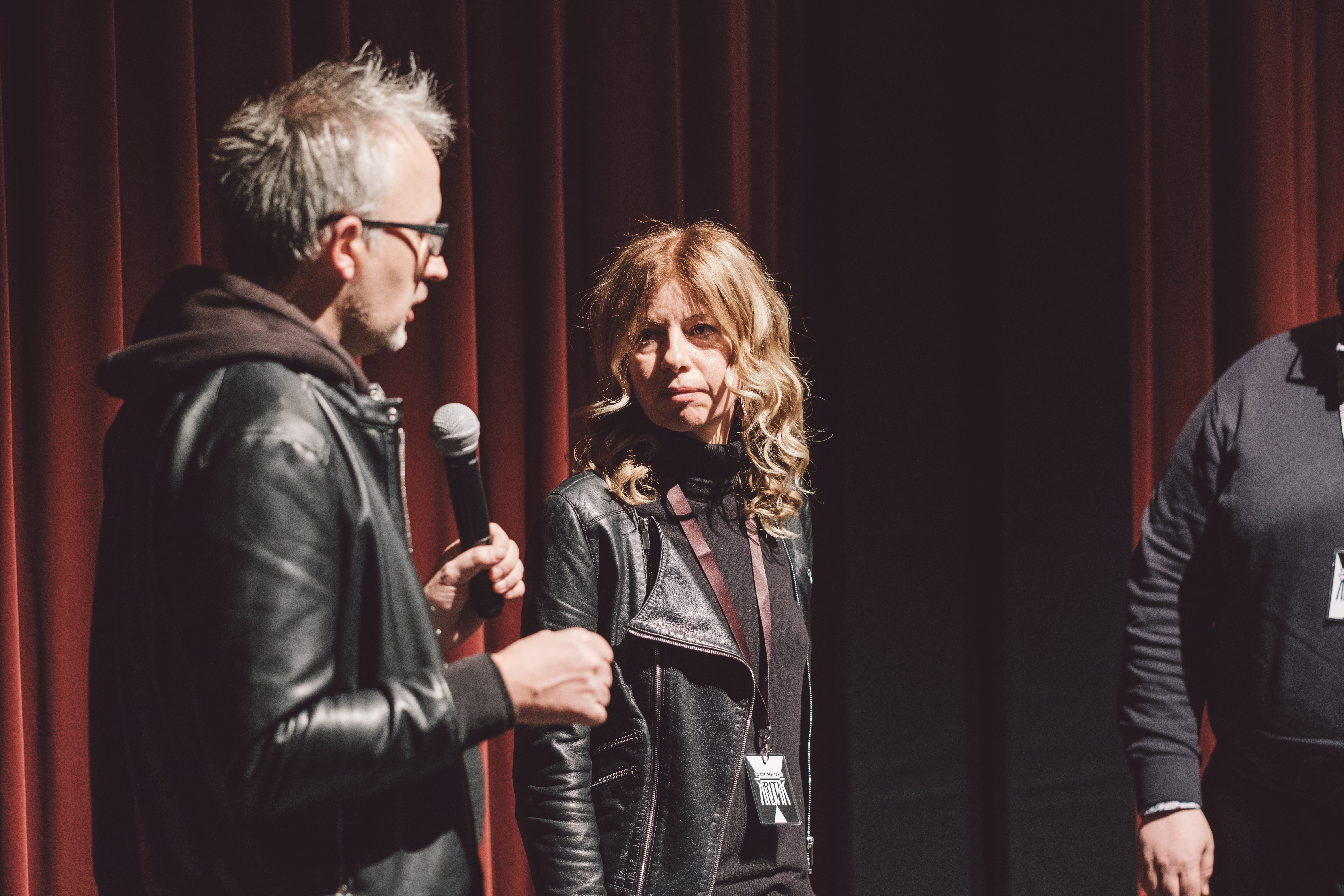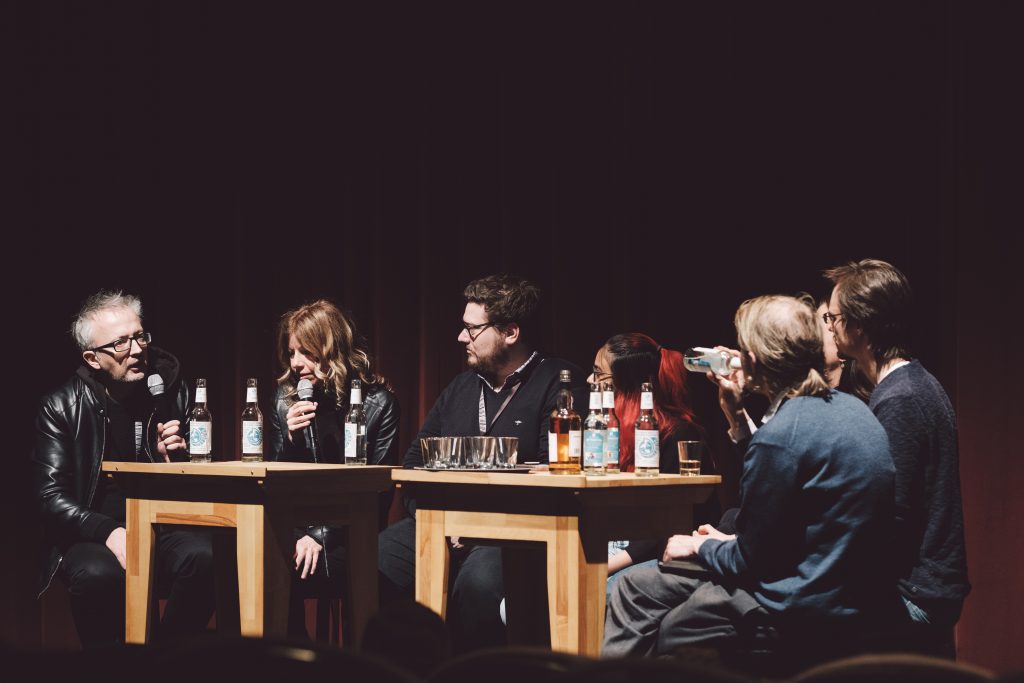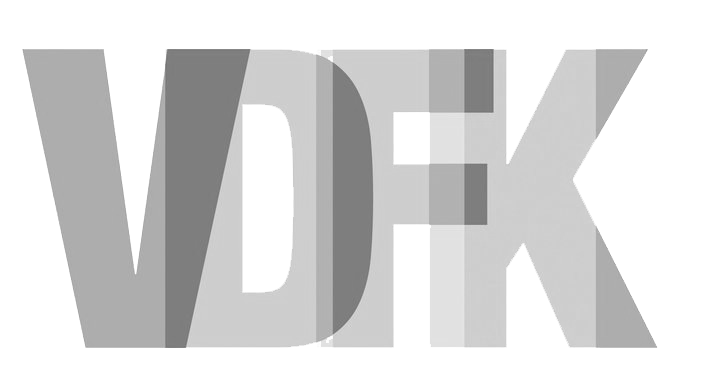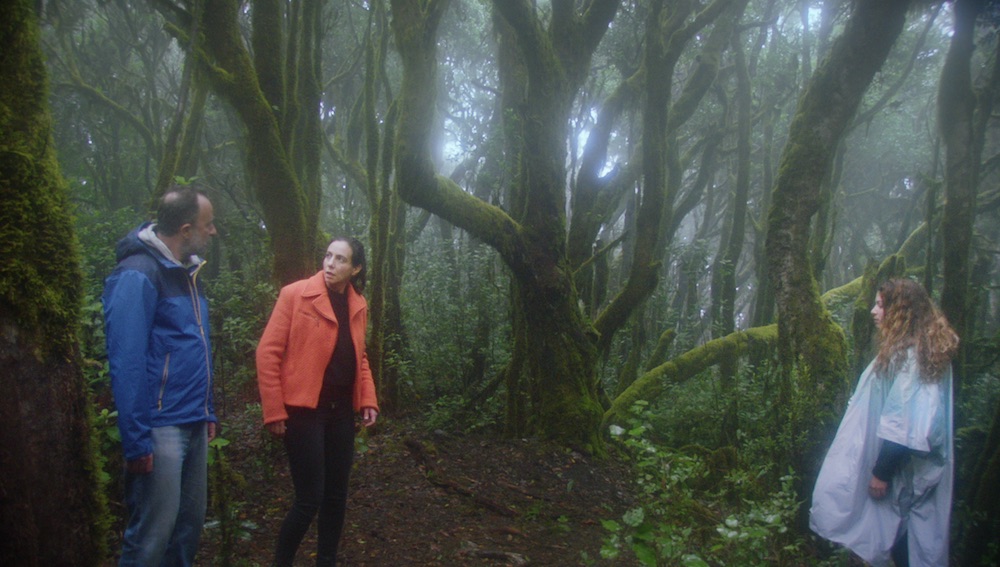Blog #2/20 – No Flight from Language
By Girish Shambu
The driving premise of Berlin Critics’ Week screenings this year has been to stage, each evening, a double bill immediately followed by a critics’ debate. Last night’s event raised the stakes by announcing that one of the films would be kept secret until the lights went down.
The first feature, whose identity was known in advance, was Silvia Maglioni and Graeme Thomson’s Common Birds (2019), a documentary/fantasy hybrid that freely and experimentally adapts Aristophanes’ comedy “The Birds”. Featuring ancient Greek and Silbo Gomera, a whistled language, the film is composed of two parts. In the first, two Greek men, burdened with debt, wander mournfully through a graffiti-covered, economically ravaged Athens. Making paper airplanes of their debt collection letters from the bank, they flick them away, letting them take flight like birds. Abandoning the city, they arrive in an enchanted forest.

The stark and melancholic black-and-white images of part one now give way to the riot of green that visually dominates part two. A creature materializes, half-bird and half-woman. After a series of poetic exchanges, she calls upon the birds in the forest to appear before the men, who laud this community of “common birds” and their radical freedom from nationalism. The allegorical appeal to present-day politics is clear: to muster the will to shake off the debt imposed by capitalist austerity, and to tear down the artificial boundaries and barriers of the nation-state.
It is illuminating to learn Maglioni and Thomson once translated Félix Guattari’s unproduced, science-fiction screenplay, titled A Love of UIQ. In it, a group of squatters makes contact with a higher intelligence from another universe. For Guattari, it marked a shift from wanting to write overtly political films to a project with a wider and more remote horizon of fantasy. This movement recalls the two-part structure of Common Birds. One more influence speaks to the experimental impulse of this film: in the Q&A the directors spoke of “hacking” the Aristophanes source with help from Fred Moten and Stefano Harvey’s texts, “The Undercommons”, which draw upon black radical traditions for contemporary purposes, including analyses of the politics of debt.
The second (and surprise) film on the double bill, chosen by the five-person Austrian curatorial group Diskollektiv, was the satirical Canadian horror movie, Pontypool (2008), directed by Bruce McDonald. Pontypool, which made for a gloriously disjunctive pairing with Common Birds, is set on a single snowy, Valentine’s night at a basement radio station in rural Ontario. Shock-jock radio host Grant Mazzy (Stephen McHattie), his producer (Lisa Houle) and his assistant (Georgina Reilly) all begin to unravel when they start receiving reports of local night-time mobs on a violent rampage. They come to suspect that the cause might be a virus spread by language. Barricading themselves in the basement, they struggle to undermine and retreat from conventional language.

There is a faint echo here of a canonical Canadian horror film, David Cronenberg’s Videodrome (1982), which had as its central conceit a virus spread by images. But Pontypool is its own shape-shifting, original self. It offers glimmers of multiple genres, always keeping you guessing about where it’s headed. The relentless close-ups resonate with the claustrophobia of the characters, and film works simultaneously on both visceral and conceptual registers.
Following the double bill, a fascinating discussion ensued between the directors of Common Birds, the critics Devika Girish, Dunja Bialas and Frédéric Jaeger, and the two moderators Martin Thomson and Andrey Arnold (Diskollektiv). Bialas did not mince words in calling the choice of Pontypool “obvious” and “superfluous”. Her critique was echoed by Jaeger, who criticized Pontypool’s “Hollywood genre clichés”, and Graeme Thomson, who took to task the violent “insistence” of the film’s use of language.
To my mind, these charges hid an undercurrent of elitism. Cinema is a large and capacious form, capable of producing good works of both festival-targeted art cinema and commercially-oriented genre cinema: it is not necessary to deride “low art” in order to elevate the “high”. The highlight of the debate turned out to be a series of reflections and questions from Devika Girish: on the complicated pleasures and non-pleasures of minimal art cinema, on didacticism being the province of both cinemas, and on the inability to escape language. The philosopher Gilles Deleuze, who was invoked during the discussion, and whose writings on cinema, among other things, insistently dismantle the high/low binary in cinema, would have approved of the “trouble”-making at the heart of her questions.


